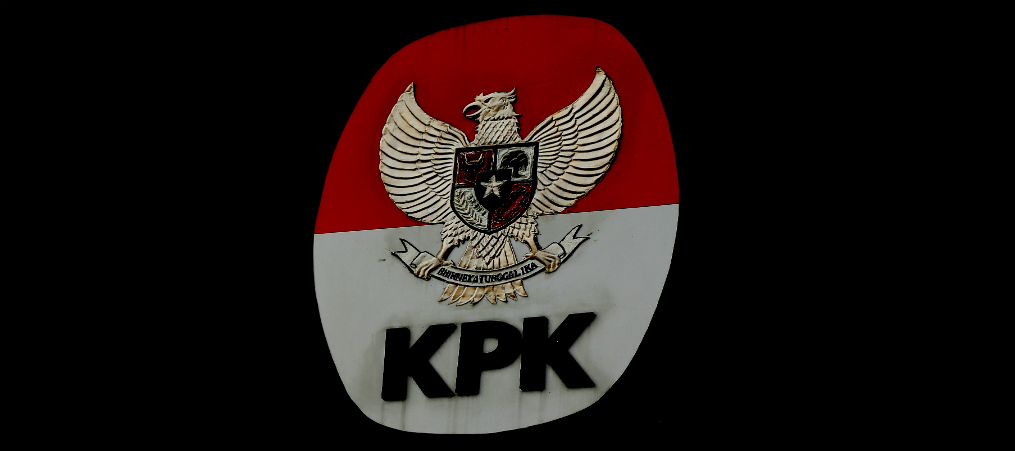The significance of Pancasila Day, which is commemorated annually on 1 June, must also be understood in the context of corruption eradication. This must be taken seriously by all Indonesians because corruption is a blatant violation of Pancasila as the state’s philosophy.
This was stated by KPK Commissioner Firli Bahuri during the commemoration of the Pancasila Day this year. “Only by adhering to all tenets in Pancasila can the fierce sword of anticorruption pierce through the thick walls of corruption, thereby eliminating it from Indonesia,” he said firmly.
For him, anyone who dares to commit an act of corruption can also be considered as a traitor to each and every point and principle of Pancasila.
The first principle, “Belief in the One and Only God”, requires all Indonesians to fear and stay away from any intention or temptation to commit corrupt acts. This is based on the belief that each of our steps, behaviors, and actions in this world never escapes God’s watchful eye.
All Indonesians have to prevent themselves from committing corrupt acts, not just out of fear of committing sin, but also to foster the value of “just and civilized humanity”, in accordance with the second principle of Pancasila.
The spirit and significance of the first and second principles serve as the channel for achieving the third principle, namely the “Unity of Indonesia”. This goal is important for eliminating the culture of corruption which has taken deep roots in this country.
It is obvious that this struggle against corruption must be “Led by Inner Wisdom”, just like the essence of the fourth principle of Pancasila.
The eradication of corruption in Indonesia must be the hope, aspiration, and goal of all Indonesians in order to achieve “Social Justice for the Entire People of Indonesia”, as stated in the fifth principle.
He added that amidst this COVID-19 pandemic, Indonesians should not celebrate the Pancasila Day in the way they did in previous years, especially the one involving huge gatherings of people and loud entertainment.
The most important thing, said Firli, is that the essence of those five principles of Pancasila must be integrated, bind each other, and bear a collective significance which should serve as the very foundation of all Indonesians’ lives as fellow members of the same nation and country.
KPK has recently built cooperation with several High State Institutions, one of which is the People’s Consultative Assembly of the Republic of Indonesia (MPR RI) with a goal to instill the principles of Pancasila within the context of corruption eradication.


